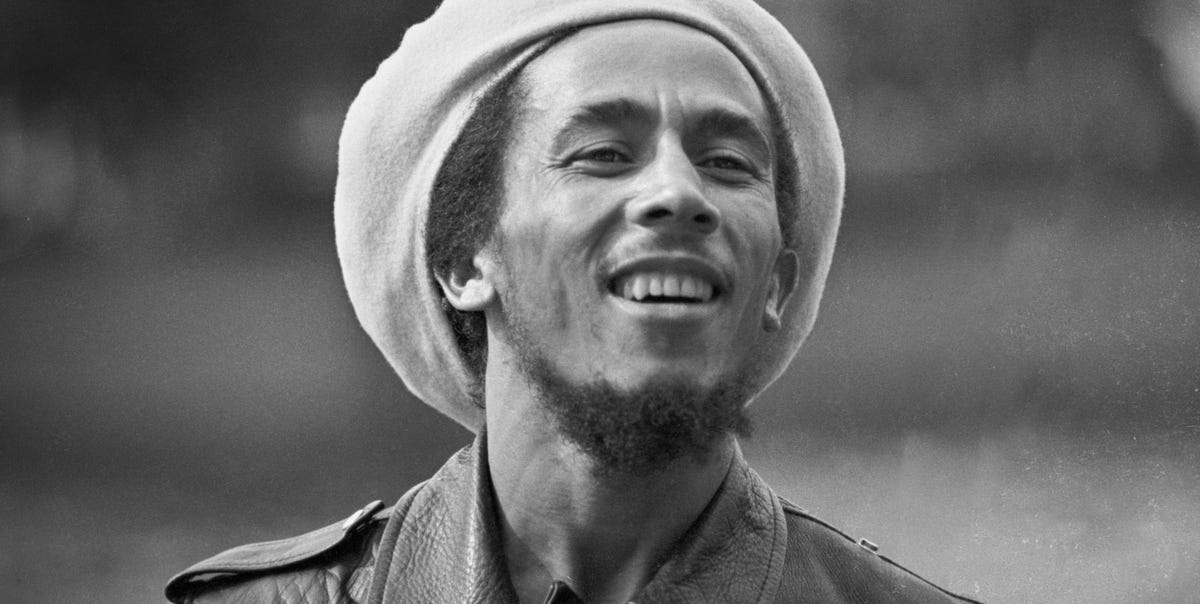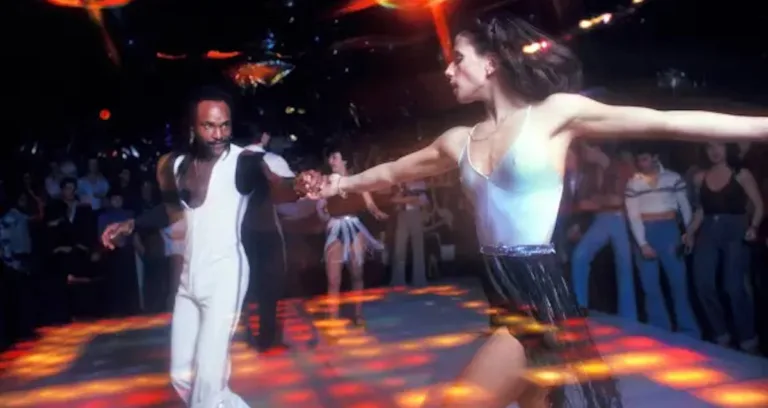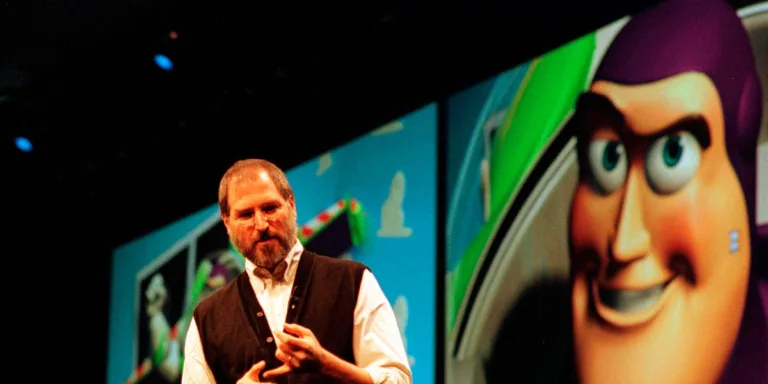Bob Marley was more than just a musician; he was a global icon whose music transcended borders and generations. His reggae rhythms and powerful lyrics spoke of hope, love, and social justice, resonating deeply with millions around the world. But behind the legendary persona lay a human being who faced immense challenges, including a battle with cancer that ultimately took his life at the young age of 36.
His story is a reminder that even the brightest stars can be touched by darkness, and it raises questions about the choices we make in the face of adversity. How did Bob Marley die? While his music continues to inspire and uplift, understanding his final years sheds light on both the complexities of his life and the profound impact he had on the world.
Let’s delve into the details of Bob Marley’s Cancer Journey, exploring the medical challenges he faced, the influence of his Rastafarian beliefs, and the lasting legacy he left behind.
Bob Marley’s Diagnosis: Acral Lentiginous Melanoma
In 1977, Bob Marley’s journey took a dark turn when he was diagnosed with acral lentiginous melanoma, a rare and aggressive form of Skin Cancer. It all began with an injury To His Toe, which initially seemed like a minor ailment. However, the wound failed to heal properly, prompting Marley to seek medical attention.
Doctors discovered a suspicious growth on his toe and soon confirmed their diagnosis – Acral Lentiginous Melanoma. This type of cancer typically affects the palms of the hands, soles of the feet, and under the nails, and it’s known for its tendency to spread Quickly If Left Untreated. The news came as a shock to Marley and his loved ones, forcing them to confront a life-Altering Challenge.
Rastafarian Beliefs And Medical Treatment
Marley’s Rastafarian beliefs played a significant role in his decision-making process regarding his medical treatment. Rastafarianism emphasizes natural healing and the rejection of conventional medicine whenever possible. They believe in the power of herbs, prayer, and spiritual guidance to promote health and well-being.
Faced with the recommendation for amputation, Marley chose to follow these beliefs. He opted for partial removal of the affected tissue, declining surgery that he felt conflicted with his Rastafarian convictions. While this decision was deeply personal and rooted in faith, it ultimately impacted the course of His Illness. The cancer continued to spread, highlighting the complexities of balancing personal beliefs with medical necessity.
The Progression Of Cancer and Marley’s Choices
Despite his initial decision against surgery, Marley did eventually seek further treatment. Radiation therapy was administered in an attempt to slow the spread of the cancer. However, the disease continued its relentless march throughout his body by fall 1980. His health rapidly deteriorated, and he experienced immense pain and discomfort.
This period was undoubtedly one of great suffering for Marley and his Loved Ones. He remained determined to continue performing Music As Long As Possible, finding solace in sharing his gift with the world even amidst his Personal Struggles. His concerts during this time became infused with a poignant sense of urgency and reflection, showcasing his unwavering spirit in the face of adversity.
 Where Is Jason Aldean From? Country Stars Hometown & More
Where Is Jason Aldean From? Country Stars Hometown & MoreFinal Days and Death from Complications
In his final days, Marley’S Condition Worsened Dramatically. He was hospitalized in Miami, where he received palliative care focused on managing his pain and providing comfort. Despite the valiant efforts of medical professionals, his body was ravaged by the relentless effects of cancer.
On May 11, 1981, at the age of 36, Bob Marley passed away from complications Related To How Did Bob Died. His death sent shockwaves across the globe, leaving a void in the music world and beyond. Millions mourned the loss of this iconic figure who had touched their lives through his powerful message of love, unity, and resistance.
Legacy and Impact on Music and Culture
Bob Marley’s legacy extends far beyond his music; it has become deeply woven into the fabric of global culture. His songs continue to inspire generations with their messages of hope, peace, and social justice. Reggae music, Which He Helped Popularize Worldwide, remains a powerful force for change and unity.
Marley’s influence can be seen in Countless Artists Across Genres, from hip-Hop To Rock To Pop. His image and lyrics have become iconic symbols of resistance against oppression and a celebration of diversity. He remains a role model for millions who seek to live authentically and make a positive impact on the world.










